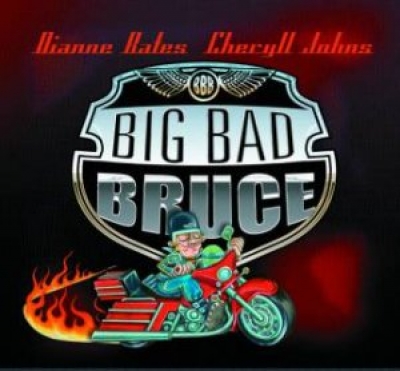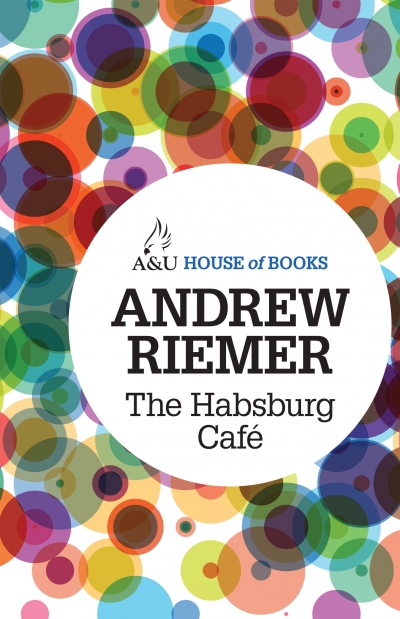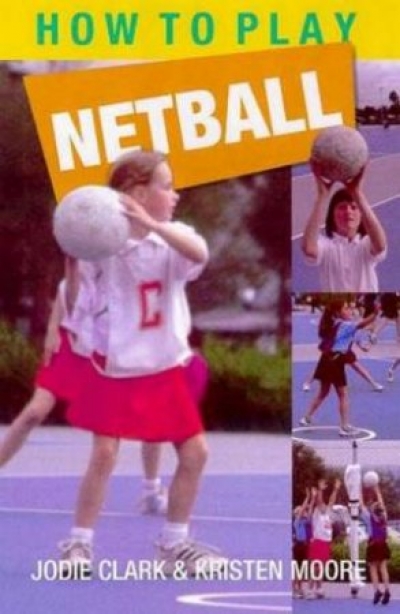A&R
Big Bad Bruce by Dianne Bates and Phoebe Middleton & When Hunger Calls by Bert Kitchen
How to Play Netball by Jodie Clark and Kristen Moore & How to Play Cricket by Garrie Hutchinson
I suspect that even his contemporaries found Matthew Flinders strange and not entirely likeable. His father hoped that, like his grandfather and himself, Matthew would become a surgeon, but filled with enthusiasm for adventure after reading Robinson Crusoe, the youth insisted on a career in the navy. He wrote to the woman who would become his long-suffering wife in a style that would have been stilted even then, one that conveyed his undoubted affection in such a self-conscious way as to leave the modern reader with an unpleasant sense of self-righteousness. Amid preparations for the Investigator voyage, Flinders told his father: ‘I have no present or future intention of marrying either [Ann Chappelle] or any other person, but leave England only wedded to my ship.’ Then, when his father declined to provide him with the funds he needed to underwrite the marriage he was in fact contemplating, Flinders replied peremptorily that his father should henceforth consider that he had four children rather than five.
... (read more)


